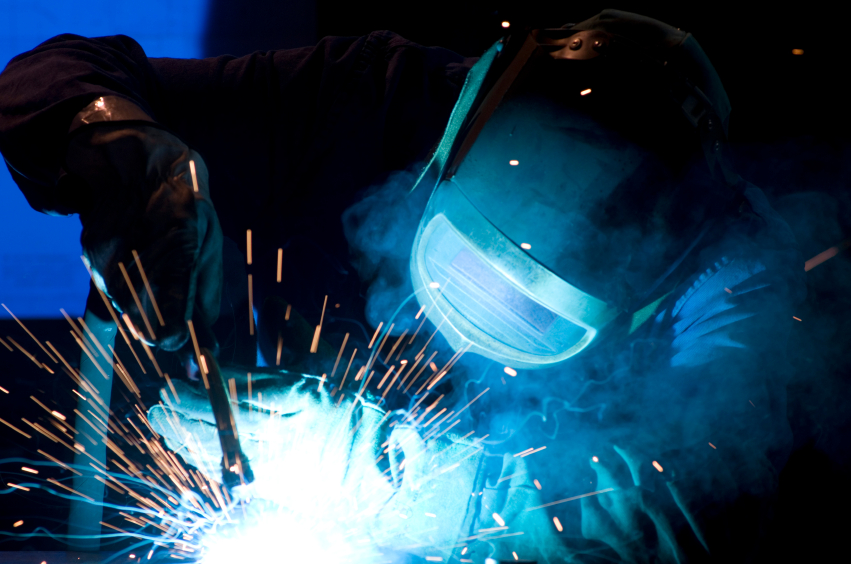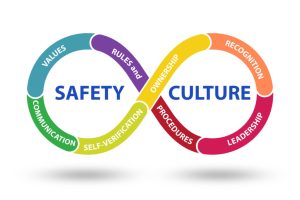
Welder Certifications to Consider
In the field of welding, certifications are crucial for proving your skills and enhancing your career prospects. Whether you’re just starting out or looking to advance your career, understanding the various welder certifications can help you choose the right path. This article will guide you through some of the key welder certifications you should consider and explain how each can benefit your professional journey.
Why Welding Certifications Matter?
Welding certifications are more than just a way to showcase your skills—they’re essential for career advancement and job opportunities. They serve as proof that you have the necessary expertise and knowledge to perform welding tasks safely and effectively. Certifications can open doors to higher-paying positions, specialized roles, and new industries.
Types of Welder Certifications
Certified Welder (CW)
The Certified Welder (CW) certification is a fundamental qualification for welders. Offered by the American Welding Society (AWS), this certification demonstrates that you have the basic skills needed to perform welding tasks in various positions. To earn this certification, you need to pass a practical test that evaluates your welding techniques. This certification is ideal for those starting their welding career or looking to solidify their foundational skills.
Certified Welding Inspector (CWI)
The Certified Welding Inspector (CWI) certification is an advanced credential offered by the AWS. It is designed for individuals who are responsible for inspecting and ensuring the quality of welds. To achieve this certification, you must pass a rigorous examination that covers welding processes, inspection techniques, and safety standards. The CWI certification is valuable for those looking to move into supervisory or inspection roles within the welding industry.
Certified Welding Educator (CWE)
If you’re interested in teaching welding, the Certified Welding Educator (CWE) certification might be the right choice for you. This certification, also provided by the AWS, is designed for those who wish to instruct and train future welders. It requires passing an exam that tests your knowledge of welding principles, instructional techniques, and educational strategies. The CWE certification can help you pursue a career in welding education and training.
Certified Welding Fabricator (CWF)
The Certified Welding Fabricator (CWF) certification is geared towards professionals who specialize in welding fabrication. This certification focuses on the ability to create and assemble metal structures using various welding techniques. To earn this certification, you need to demonstrate your skills in fabricating complex components and assemblies. It is ideal for those working in manufacturing or construction where fabrication skills are essential.
Specialized Certifications
In addition to general certifications, there are also specialized certifications for specific welding techniques and applications. For example:
- Certified TIG Welder: Focuses on Tungsten Inert Gas (TIG) welding, a precise method used for thin materials.
- Certified MIG Welder: Emphasizes Metal Inert Gas (MIG) welding, commonly used for its speed and versatility.
- Certified Stick Welder: Centers on Shielded Metal Arc Welding (SMAW), a method used for its durability and strength.
How to Choose the Right Certification?
Choosing the right welder certification depends on your career goals and interests. If you’re just starting, a basic certification like the Certified Welder (CW) is a good starting point. For those looking to advance into roles involving inspection or education, the Certified Welding Inspector (CWI) or Certified Welding Educator (CWE) would be more appropriate.
Consider the following factors when deciding on a certification:
- Career Goals: Align your certification with your long-term career objectives. If you aim to become a welding inspector, the CWI certification is essential.
- Industry Requirements: Different industries may have specific certification requirements. Research the certifications commonly required in your desired field.
- Specialization: If you wish to specialize in a particular welding technique, look for certifications that focus on that area.
Preparing for Certification Exams
Preparing for welding certification exams involves a combination of hands-on practice and theoretical study. Here are some tips to help you succeed:
Study the Exam Material: Review the study guides and materials provided by the certifying organization. Understanding the exam content and format is crucial.
Practice Welding Techniques: Spend time practicing the welding techniques and skills that will be tested. Hands-on experience is vital for passing practical exams.
Take Practice Tests: If available, take practice exams to familiarize yourself with the types of questions and scenarios you might encounter.
Maintaining Your Certification
Once you obtain a welding certification, it’s important to stay current with industry standards and practices. Some certifications require periodic renewal or continuing education to maintain their validity. Stay engaged with professional organizations, attend training sessions, and keep up-to-date with new welding technologies and techniques.
Conclusion
Welding certifications are essential for demonstrating your skills and advancing your career in the welding industry. From foundational certifications like the Certified Welder (CW) to advanced qualifications such as the Certified Welding Inspector (CWI), each certification offers unique benefits and opportunities. By choosing the right certification based on your career goals and industry requirements, you can enhance your professional prospects and showcase your expertise. For more information on welding certifications and how to achieve them, visit XLR8ED Learning.



